Is the cold war over: from Berlin to Donbass
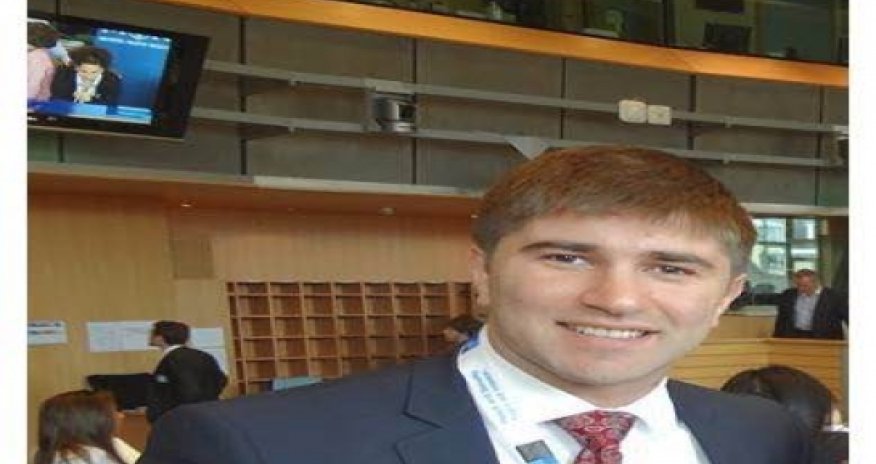
by Huseyn Panahov
The Berlin Wall fell twenty-five years ago, but today there is another confrontation line between the West and Russia that cuts Ukraine in two. The reconciliation circuit that started with the fall of the Berlin Wall will not be complete until all the countries in Eastern Europe are free to determine their own fates.
On November 9th, millions of people around the world celebrated the anniversary of the fall of the Berlin Wall, which symbolized the ‘Iron curtain’ dividing Western and Eastern bloc countries. The tumbling of the Berlin Wall was shortly followed by the dissolution of the Soviet Union, which lead to the independence of fifteen new states. Unfortunately, twenty-five years later the Communist legacy is still haunting the nations in Eastern Europe, as they are struggling to determine their fates.
As a result of the events that started in Ukraine last November, there is a new ‘post-cold-war-iron-curtain’ that separates Eastern regions of Ukraine from the rest of the country, today. The current conflict in Ukraine, demonstrates that the battle of European nations for self-determination that pinned a flag of victory with the fall of the Berlin Wall is not over yet. To claim a clean victory, the Western powers will need to clear the way for Euro-Atlantic integration of East European countries.
This new wave of East vs. West is orchestrated from the Kremlin by a former KGB serviceman, who was operating in East Germany when the Berlin wall came down. Today, as the President of the Russian Federation, he wants to restore the influence of the Kremlin, over the post-Soviet space and has initiated the Eurasian Custom’s Union for that purpose. To actualize his dream, the Russian President has chosen a very aggressive and forceful policy course.
If we look at the Eastern European region, only Armenia and Belarus that have joined the Russian-led Custom’s Union are not victims of violations of territorial integrity. Under Putin’s rule, Russia has successfully cut out Abkhazia and South Ossetia from Georgia, Crimea from Ukraine, and most recently the Kremlin endorsed the unauthorized elections held by the separatists in East Ukraine. Azerbaijan and Moldova have been struggling to restore their territorial integrity for more than two decades. At the same time, the Russian President’s domestic approval ratings have rocketed to 80%, as he’s perceived as the guardian of Russian national interests.
Compared to the West, Moscow has been more successful in its policy-making with respect to Eastern Europe, mainly due to the following three reasons:
First: Ukraine and Eastern Europe at large are the top priority issues for Russia, while the Western policy-makers are looking at a more complex picture which includes the rise of religious extremists in Iraq and Syria, civil war in Libya, the spread of Ebola virus disease, the drawdown of troops from Afghanistan etc.
Second: Russia has a very centralized and thus swift decision-making system, as all the policy decisions are made in President Putin’s office. In the West, every policy decision has to go through numerous institutions at national and international levels. This lengthy process of policy synchronization creates delays in Western responses to Russia’s political maneuvers in the region.
Third: Russia’s cultural and historical ties with the countries in Eastern Europe are another major advantage of the Kremlin in this region. A majority of the adult population in East European countries grew up reading Russian literature, listening to Russian songs, watching Russian TV channels, consuming news from Russian sources. Today, the Kremlin uses this as an outlet to shape public opinion in this region in Moscow’s favor.
Nevertheless, as certain developments in East European countries have reached a point of no return, Putin’s administration is facing an unswerving resistance to create a new ‘Post-Soviet Union’. As the population of Ukraine demonstrated, it’s not about the cultural, historical ties, not even ethnic identity, but the system of government and the rule of law. Ukrainians see the path of Euro-Atlantic integration as their only chance for an effective democratic and institutional reform process.
They knew that building closer ties with the West would be more challenging in the short-run than staying under the Russian sphere of influence. However, they decided to stand up to the challenge in the name of higher principles and for their long-term benefits. Consequently, Ukraine needs the support of Western powers to find energy resources to make it through the winter, to ensure the inviolability of its borders with Russia and restore control over the East Ukrainian regions and Crimea.
In order to complete the circuit that started with the fall of the Berlin Wall, Western countries need to extend their full support to the government in Kiev as it’s going through the challenges of this transition period. They also need to establish a new crisis prevention mechanism that will create less dangerous opportunities for other East European countries to integrate into the Euro-Atlantic institutions. This is the optimal way for Western states to minimize the cost of confrontation with Russia and secure peace and stability in all of Europe.
ANN.Az
























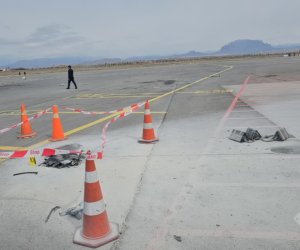
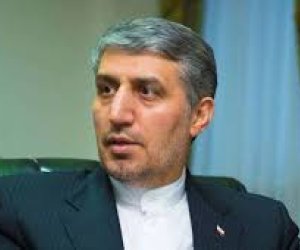
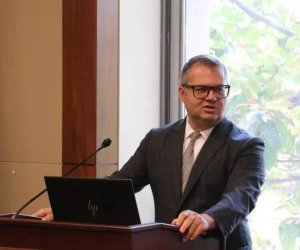
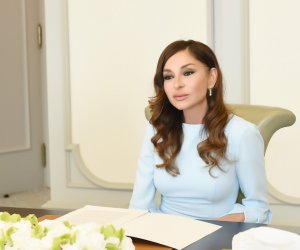
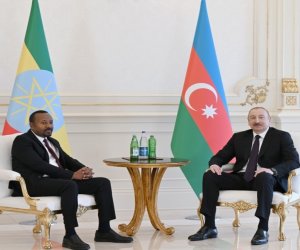
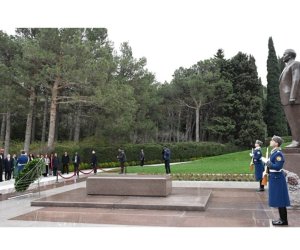


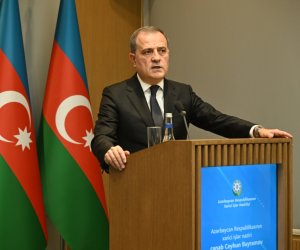



 Photo
Photo 



 Video
Video 

